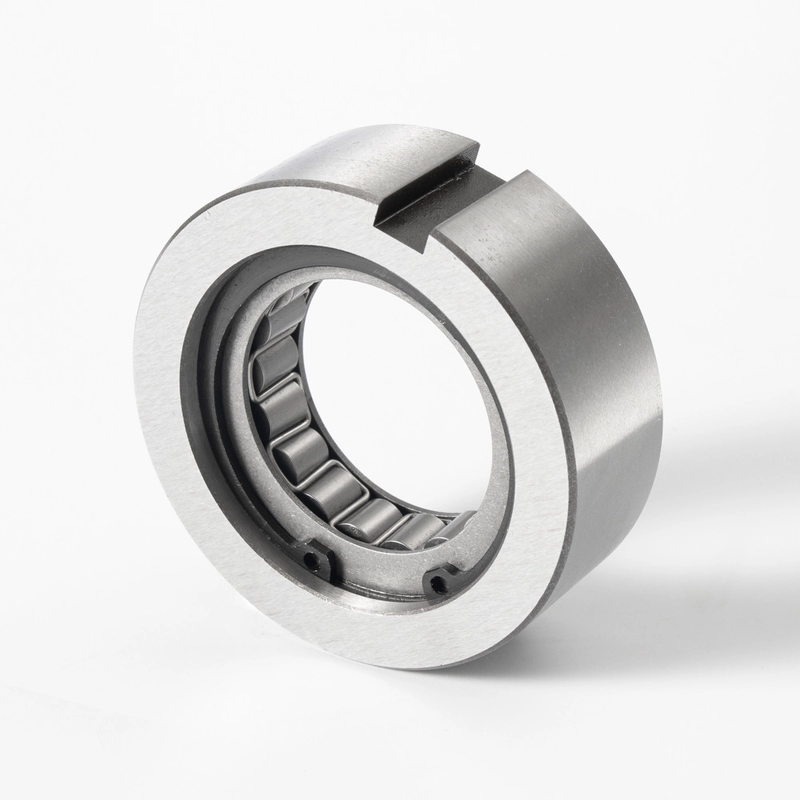Dec . 15, 2024 15:07 Back to list
Supplier of Unique and Custom-Shaped Bearings for Specialized Applications
Understanding Special-Shaped Bearings A Comprehensive Guide for Buyers
In the world of engineering and manufacturing, bearings are essential components that facilitate smooth motion and reduce friction between moving parts. While standard bearings serve a wide range of applications, there is an increasing demand for special-shaped bearings that cater to specific mechanical configurations and performance requirements. For industries looking for tailored solutions, choosing the right supplier becomes crucial. This article explores the significance of special-shaped bearings, their applications, and what to consider when selecting a supplier.
What Are Special-Shaped Bearings?
Special-shaped bearings are designed to fit non-standard geometries or applications that require unique solutions. Unlike standard bearings, which typically have standardized shapes, special-shaped bearings can take various forms, including custom contours, modified sizes, and specific load-bearing capabilities. These bearings are engineered to meet the stringent specifications of various applications, making them invaluable in securing optimal performance.
Applications of Special-Shaped Bearings
The versatility of special-shaped bearings allows them to be used across diverse industries, including
1. Automotive In automotive manufacturing, special-shaped bearings are crucial for specific components such as gearboxes, steering mechanisms, and suspension systems where standard bearings may not suffice.
2. Aerospace The aerospace industry demands components that meet rigorous standards for weight and performance. Special-shaped bearings are utilized in aircraft engines, landing gear systems, and control surfaces.
4. Medical Equipment Precision instruments in medical technology often use specialized bearings to ensure accuracy and reliability in operations.
5. Energy Sector Renewable energy applications, such as wind turbines and solar tracking systems, benefit greatly from specially designed bearings that must withstand harsh environmental conditions.
special-shaped bearings supplier

Choosing a Supplier for Special-Shaped Bearings
When sourcing special-shaped bearings, selecting the right supplier is critical to ensuring product quality and reliability. Here are key factors to consider
1. Expertise and Experience Look for suppliers that specialize in custom bearing solutions. Their experience in the field can ensure they understand your specific needs and can provide a product that meets precise specifications.
2. Quality Assurance It is essential to choose a supplier that adheres to stringent quality control processes. Check for certifications, such as ISO 9001, which reflects a commitment to maintaining high-quality standards.
3. Customization Capabilities Ensure the supplier can handle intricate designs and modifications. A good supplier will have advanced manufacturing capabilities, allowing them to create bearings tailored to your unique requirements.
4. Material Options The performance of special-shaped bearings is highly influenced by the materials used. A reliable supplier should offer a range of materials, such as stainless steel, polymers, and ceramics, allowing you to select the best option for your application.
5. Technical Support A good supplier will not only provide the product but also offer technical support through the design and implementation stages. This can help mitigate potential issues and ensure seamless integration into your systems.
6. Timeliness and Delivery Lead times are critical in manufacturing situations. A reputable supplier should provide realistic delivery schedules and maintain open communication throughout the process.
Conclusion
Special-shaped bearings are essential in various industries, offering tailored solutions that enhance performance and reliability. When sourcing these specialized components, selecting the right supplier is paramount. By focusing on expertise, quality assurance, customization capabilities, material options, technical support, and delivery performance, you can find a supplier that meets your needs and ensures successful outcomes for your projects. Remember, investing in quality bearings can significantly impact the overall efficiency and longevity of your machinery.
Latest news
-
25MM 2 BOLT UCFLX05-14 Flange bearing unit( oval)
NewsMar.07,2025
-
4 bolt UCF 200 series Pillow block bearings
NewsMar.07,2025
-
25MM 2 BOLT UCFLX05-14 Flange bearing unit( oval)
NewsMar.07,2025
-
UCF216-50 4-Bolt Flange Housing Square Bearing
NewsMar.07,2025
-
25MM 2 BOLT UCFLX05-14 Flange bearing unit( oval)
NewsMar.07,2025
-
spherical roller bearing material exporter
NewsMar.07,2025





